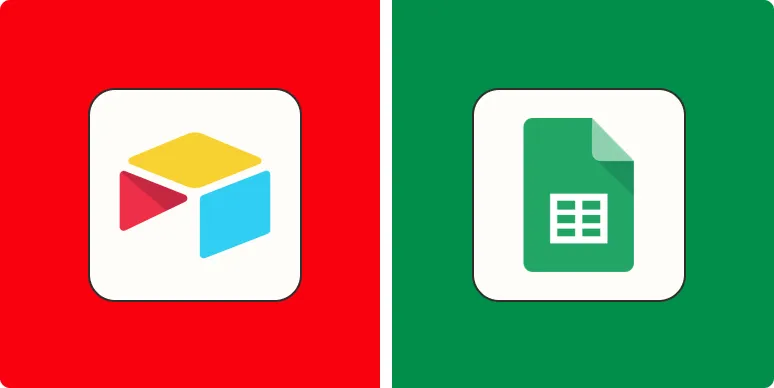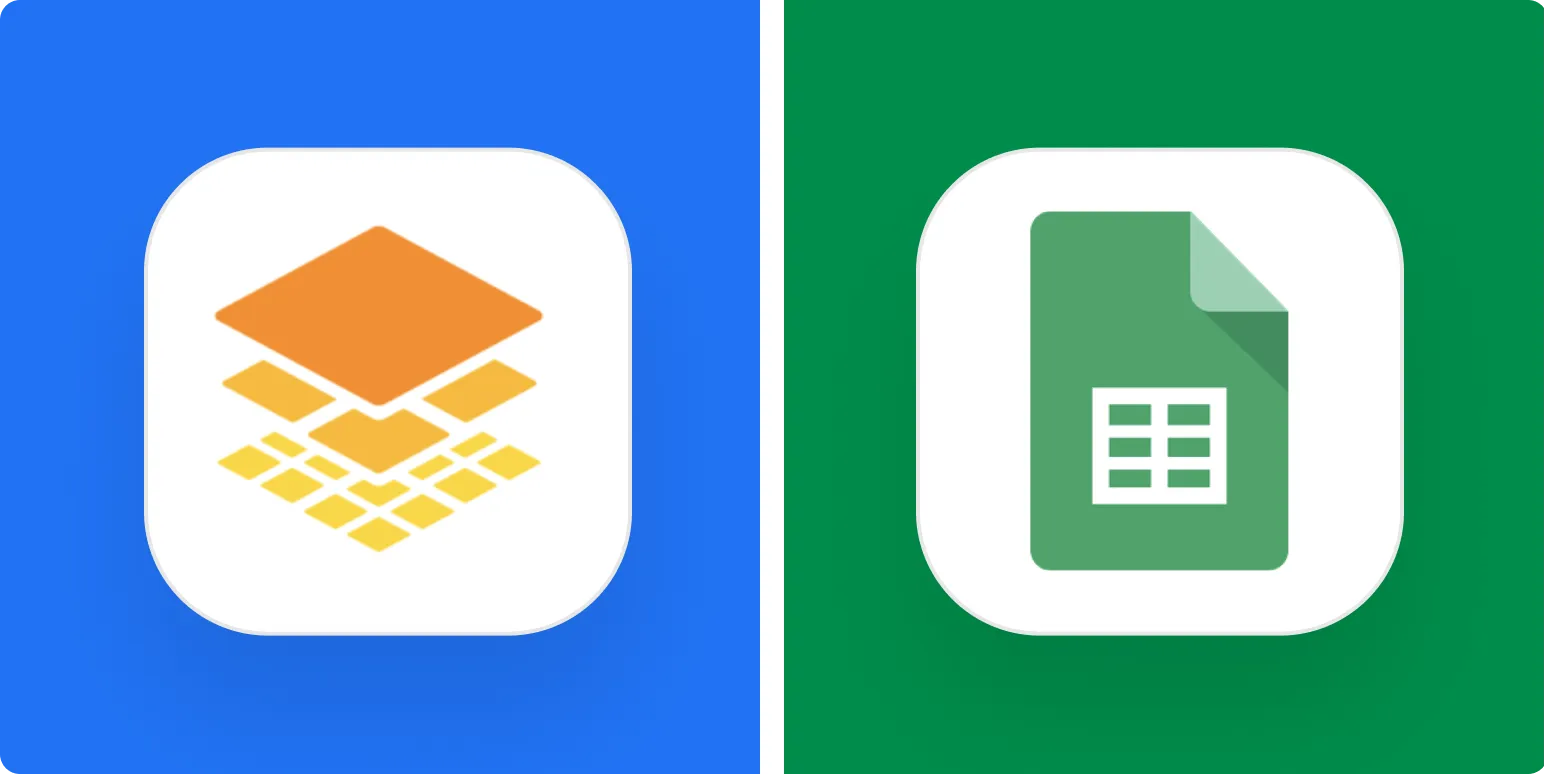Understanding Airtable and Google Sheets
Airtable and Google Sheets are two powerful tools that cater to different needs in the realm of data management and organization. While both offer unique features, the choice between them often depends on the specific requirements of your project. Let's delve into the key differences and similarities that can help you make an informed decision.
Key Features of Airtable
Airtable combines the functionality of a database with the simplicity of a spreadsheet. Here are some of its standout features:
- Database Functionality: Airtable allows users to manage complex data with relational databases. You can link tables, which is beneficial for projects requiring interconnected datasets.
- Customizable Views: Users can create different views such as grid, calendar, Kanban, and gallery, allowing for versatile data representation.
- Collaboration Tools: Airtable offers robust collaboration features, enabling teams to work together in real-time, leave comments, and tag team members.
- Integration Capabilities: Airtable integrates seamlessly with various applications, including Slack, Google Drive, and Zapier, enhancing workflow efficiency.
Key Features of Google Sheets
Google Sheets is a staple for spreadsheet users, known for its simplicity and accessibility. Here’s what makes Google Sheets a reliable choice:
- Ease of Use: Google Sheets has a user-friendly interface that makes it easy for anyone to start working with data, even without prior experience.
- Real-Time Collaboration: Similar to Airtable, Google Sheets allows multiple users to edit and comment on the document simultaneously.
- Extensive Functionality: With a wide array of functions and formulas, Google Sheets can handle complex calculations and data analysis.
- Integration with Google Workspace: Being part of Google Workspace, Google Sheets integrates well with other Google services like Docs, Slides, and Gmail.
Comparative Analysis: Airtable vs. Google Sheets
| Feature | Airtable | Google Sheets |
|---|---|---|
| Data Structure | Relational database with linked tables | Traditional spreadsheet format |
| Usability | More complex, suitable for advanced users | Simple and intuitive for all users |
| Views | Multiple views (grid, calendar, Kanban) | Single view (grid format) |
| Collaboration | Real-time editing and commenting | Real-time editing and commenting |
| Integrations | Wide range of third-party integrations | Integrates with Google services |
| Cost | Free tier available; paid plans for advanced features | Free for personal use; pricing for business plans |
Use Cases for Airtable
Airtable is particularly suited for projects that require more than just basic data organization. Here are some scenarios where Airtable shines:
- Project Management: Its Kanban view is great for tracking project progress and team tasks.
- Content Planning: Perfect for marketers organizing content calendars with various media types.
- Inventory Tracking: Businesses can manage inventory with detailed records and multiple attributes.
Use Cases for Google Sheets
Google Sheets is ideal for users who need straightforward data management without the complexity of a database. Here are some common applications:
- Basic Data Entry: Great for individuals or small teams needing to collect and manage data.
- Financial Analysis: Its built-in functions allow for detailed financial calculations and budgeting.
- Surveys and Forms: Easily analyze data collected from Google Forms using Google Sheets.
Conclusion: Which Should You Use?
The decision between Airtable and Google Sheets ultimately boils down to your specific needs. If you require a robust tool for managing complex data relationships and prefer a database-like experience, then Airtable is the way to go. However, if your needs are more straightforward and you value ease of use and integration with other Google services, Google Sheets is likely your best bet.
In summary, both tools offer unique advantages, and understanding your requirements is essential in making the best choice for your workflow. Whether you choose Airtable or Google Sheets, leveraging these powerful tools can enhance your data management capabilities significantly.





